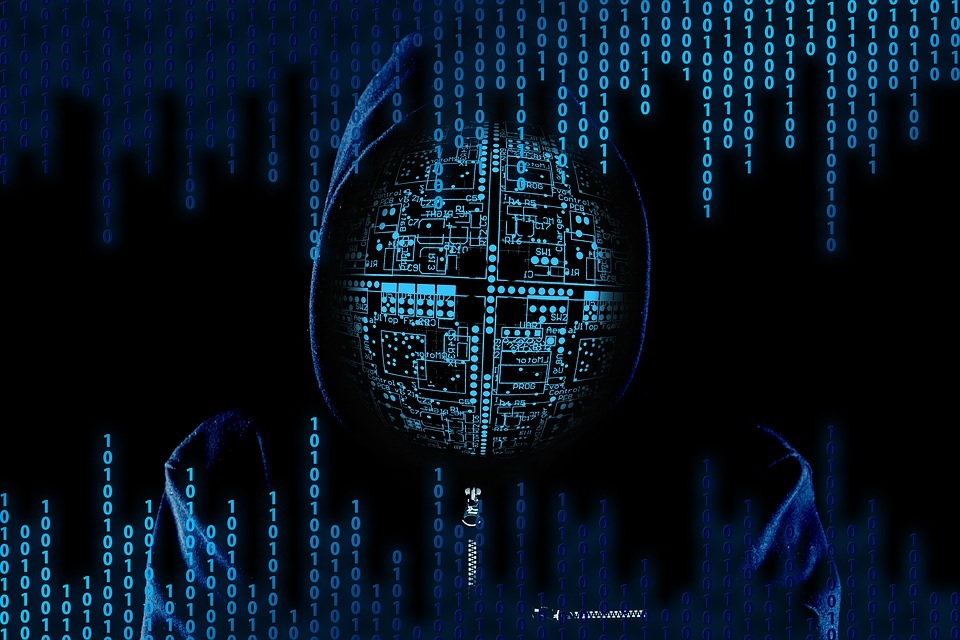2020 has been a year of panics and losses with the devastating Amazon rainforest wildfires, US-Iran crisis sparking debate on World War III, devastating floods in Indonesia, Earthquakes in Turkey and the Caribbean, and the deadliest of all, the COVID-19 outbreak.
The global spread of the Coronavirus has to be the worst of calamities to occur, resulting in major global economic disruption and significant human suffering. Over 210 countries are affected with death counts reaching the 119,000+ mark, and things are not getting any better.
In an attempt to keep things afloat, many countries have issued state-wide lockdowns, while organizations and educational institutes have issued “work from home (WFH)” directives to their employees for continuing their jobs. Sadly, that in itself brings a unique set of challenges.
Cybercriminals are taking advantage of the situation and exploiting fear of the coronavirus to target victims and steal their data. Some are even pretending to be WHO officials to fool online users into revealing private and incriminating information.
In these past two to three months, identity theft cases are on a constant rise, and much of it is because those working remotely from home are not aware of what online safety practices to follow. So, here are some tips you can follow to start working more securely:
Use Strong Passwords and Employ 2FA Authentication
Working remotely amidst the Coronavirus pandemic means that you will be using your personal network and laptop to carry all office-related tasks. Your network and laptop may not protected or be utilizing strong encryption and security protocols.
Therefore, make sure to change all your passwords on all accounts and utilize a stronger one with a variations of special characters, alphabets, and numbers. You can even use a password generator tool to create strong passwords and then save all in a secure tool like PassPack.
To privatize your work and personal accounts further, employ two-factor authentication. This will make it necessary for you to provide two different authentication factors to verify yourself and access accounts, providing exceptional security from unauthorized logins.
Avoid Shady Websites and Third-Party Applications
Similar to how you avoid walking in shady neighborhoods, it is imperative that you follow the same practice when exploring the internet. Do not visit shady websites or those that get flagged by your antivirus, as they may contain malware, viruses, or ransomware.
Be extremely careful when accessing Coronavirus related websites, as they may have a malware employed at the back-end for stealing your information. Your best sources for Coronavirus related news and updates are worldometers.info, WHO.int, and public advisories from the government.
Along with being wary of clicking on shady websites, also avoid downloading third-party software/applications, as they too might contain dangerous viruses and malware. Only go for applications that have been certified and verified by relevant authorities.
Install a Powerful Antivirus and AntiMalware Software
Gone are the days where you could rely on “Windows Defender” to keep your files secure from viruses. You need a premium product that regularly updates its virus signature database for staying protected from the latest in Trojans, worms, and other viruses.
Those looking for something lightweight yet powerful can opt for an antivirus like Nod32, which extends its security to your browser through a real-time threat detection system. This instantly blocks all suspicious requests and viruses trying to access your private data.
For additional security and prevent tricky malware from hiding in your laptop/computers, the best option to go for is Malwarebytes. They have a free version available that is just as thorough in cleaning malware, even in directory and cache files.
Be Vigilant about the Information You Reveal Online
If you have “saved passwords” along with other crucial “financial” data for shopping online stored on your Chrome or Firefox browsers, it is time you immediately clear all such information. Nothing is more important than keeping your banking details secure right now.
Only provide such information when needing to complete the “checkout” process, but never save it. Also, do not shop from online stores that have a poor reputation. Staying at home may be forcing you to go crazy with online shopping, and you would not want to mistake of trusting the wrong website.
If you are signing up with different services, make sure to keep your “Email Address” and “Phone Number” hidden and shifting exposure to “Only Me” or something similar.
You can also use a secondary ID for signing up at different places to avoid getting spam on your original ID. If you receive spammy emails on your original ID, do not click on the “Unsubscribe” button, as even that is a way for them to know that your account is active.
Use a VPN Service for Maximum Online Privacy/Security
A Virtual Private Network (VPN) is a great security tool that doubles as an unblocker. It is used for keeping your identity anonymous online to gain protection from cybercriminals, hackers, spammers, copyright infringement hunters, and even government agencies.
Amidst the coronavirus, VPNs are also essential tools for remote working, thanks to their dedicated/static IPs and split tunneling features, which are even being utilized by Microsoft and other major companies to help their workforce telecommute.
Best part of all: these tools even allow for the bypassing of content and geographical limitations, which enables users to unblock the complete Netflix US library, anywhere around the world. In short, a VPN can serve many purposes for you!
Wrapping Things Up
Country-wide lockdowns, mandatory work from home and self-quarantine directives have brought light to a treasure-trove of security challenges. Make sure to follow the tips mentioned above to keep all your information secure and private from any external threats.
With that said, let us hope that this pandemic reaches it end soon, as the toll it is taking mentally, emotionally, and physically is becoming extremely hard to get through. Nobody could imagine such a thing could happen, but staying strong is necessary. Keep the fight going!


